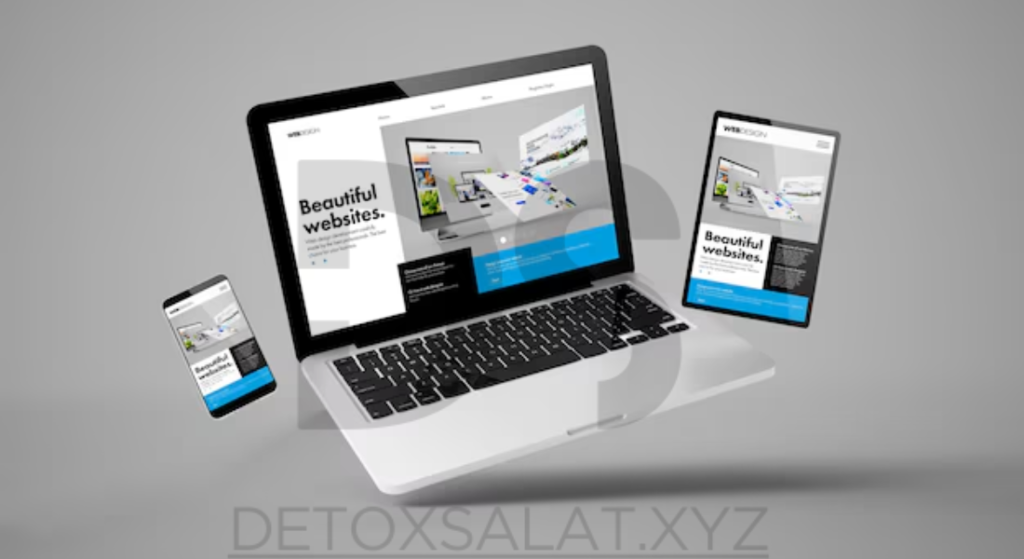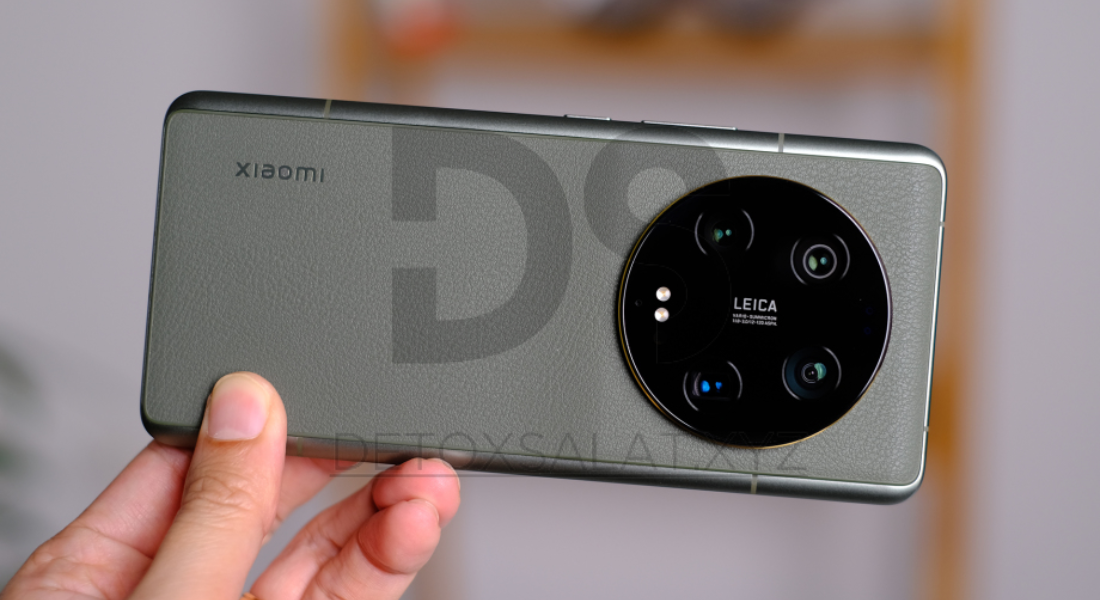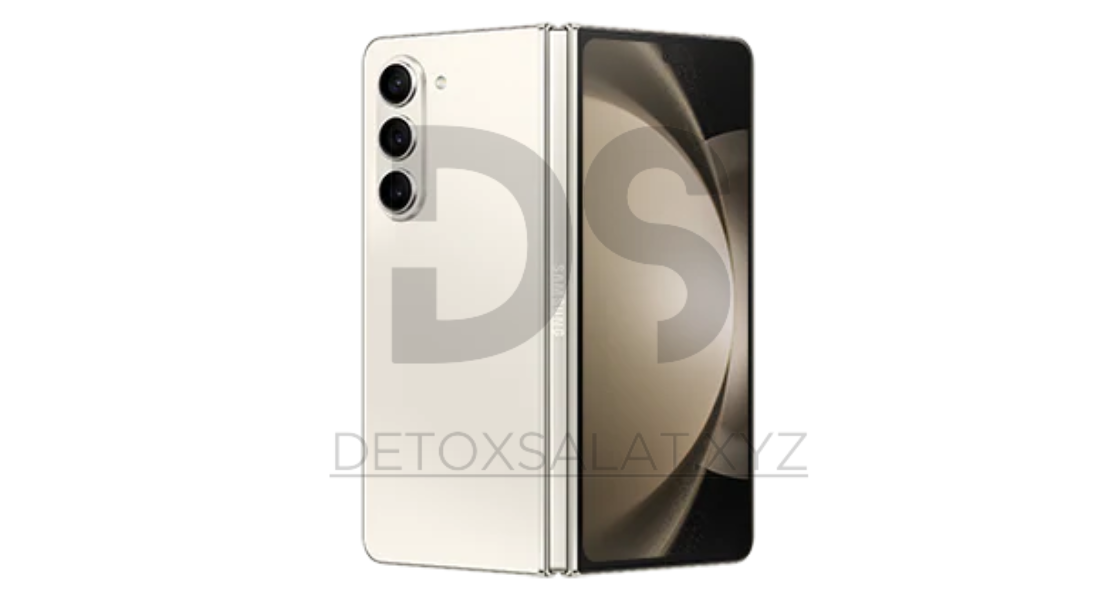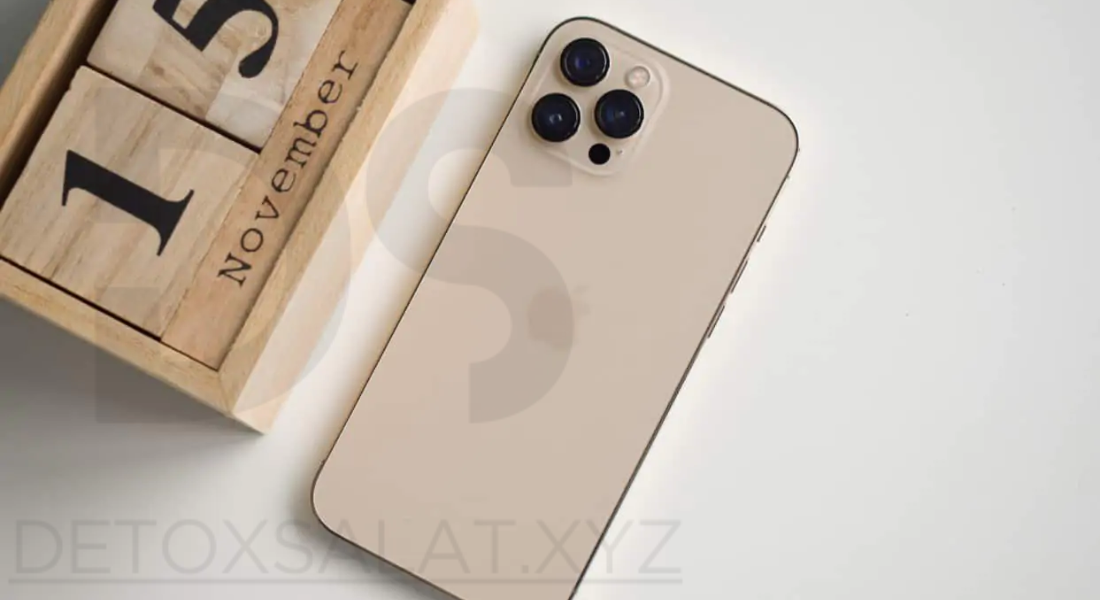Apple Design philosophy has reshaped the tech industry, setting standards for innovation, simplicity, and functionality. From the iPhone to the MacBook, Apple Design embodies a unique blend of aesthetics and usability. Every product tells a story of precision, creativity, and a user-first mindset, cementing Apple’s place as a leader in design excellence.
In this article, we’ll explore the key principles, historical milestones, and future outlook of Apple Design that have made it a global benchmark and a source of inspiration for industries beyond technology.
The Core Principles of Apple Design
Apple Design isn’t just about how products look; it’s about how they function seamlessly in users’ lives. A product that feels intuitive and performs impeccably is at the heart of Apple’s design philosophy. Here are the principles that define it:
1. Simplicity Is Key
Apple strives for minimalism, ensuring every product is intuitive and easy to use. From the single-button mouse of the early Macintosh computers to the streamlined interface of iOS, simplicity is at the core. This principle is evident in the design of the iPhone, where every element serves a purpose. The fewer the distractions, the better the experience—making simplicity a hallmark of Apple Design.
2. User-Centric Approach
Apple prioritizes the end user in every design decision. For instance, the touch interface of the iPhone revolutionized the way people interact with smartphones, eliminating complex menus and buttons. Features like Face ID and Handoff are designed to anticipate user needs, making Apple products not just tools but extensions of daily life.
3. Attention to Detail
Apple’s obsessive attention to detail is unmatched. Every curve, texture, and material in their products serves both form and function. The MacBook’s unibody aluminum chassis, for example, isn’t just visually stunning; it also ensures durability and lightweight portability. The precision in manufacturing reflects Apple’s commitment to delivering products that are as robust as they are beautiful.
4. Timeless Aesthetics
Apple products age gracefully, maintaining their visual appeal and relevance over time. A first-generation iPod or the original iMac remains iconic even years after their release. This timelessness stems from designs that avoid fleeting trends and focus on universal appeal.
The History of Apple Design: A Legacy of Innovation
Apple Design’s evolution is a testament to the company’s relentless pursuit of innovation. Each milestone demonstrates a commitment to merging technology with artistry.
Early Beginnings: The Birth of Innovation
Apple’s design journey began with the Apple II in 1977. Unlike the bulky, unattractive computers of the time, the Apple II was sleek, approachable, and user-friendly. Its design made computing accessible to the masses, setting a precedent for future products.
The Influence of Jony Ive
Jony Ive, Apple’s legendary Chief Design Officer, played a pivotal role in shaping the brand’s design identity. His collaboration with Steve Jobs resulted in products like the iMac G3, with its playful colors and translucent casing, and the iPod, which revolutionized portable music. Ive’s vision emphasized simplicity, craftsmanship, and a deep understanding of human interaction.
The iPhone Revolution
The 2007 launch of the iPhone marked a turning point not just for Apple but for the entire tech industry. Its sleek hardware and intuitive software redefined what a smartphone could be. The iPhone’s edge-to-edge display, iconic home button, and minimalist design set a new standard for mobile devices.
Modern-Day Marvels
Apple continues to innovate while staying true to its design principles. The Apple Watch integrates advanced health monitoring into a stylish wearable, while AirPods exemplify Apple’s ability to combine aesthetics with functionality in a compact form. The latest MacBook models push the boundaries of performance and portability, all while maintaining Apple’s signature sleekness.
Apple Design Across Different Products
MacBooks: Power Meets Elegance
MacBooks are the epitome of Apple Design, combining powerful performance with a minimalist aesthetic. The unibody aluminum construction enhances durability while offering a lightweight design. Features like the Retina display and Magic Keyboard prioritize user experience, making MacBooks the go-to choice for professionals and creatives alike.
iPhones: Redefining Smartphones
Every iPhone release showcases Apple’s ability to innovate. From the revolutionary touch interface of the first iPhone to the Ceramic Shield technology of recent models, the iPhone is a testament to Apple’s commitment to blending form and function. Its seamless integration with the Apple ecosystem enhances its appeal further.
Apple Watch: A Design for Everyone
The Apple Watch is both a fashion statement and a health tool. Its interchangeable bands and customizable watch faces allow users to personalize their experience, while features like ECG monitoring and workout tracking make it indispensable for health-conscious individuals.
AirPods: Small but Mighty
AirPods represent Apple’s mastery of compact, functional design. Their minimalist look hides advanced technology like spatial audio and noise cancellation. Seamless pairing with Apple devices highlights the ecosystem-focused approach of Apple Design.

Sustainability in Apple Design
Apple is committed to integrating sustainability into its design philosophy. The company has made significant strides in reducing its environmental footprint:
- Recycled Materials: Apple uses recycled aluminum in MacBooks and recycled rare earth elements in devices like iPhones.
- Carbon Neutrality Goals: By 2030, Apple aims for all its products and supply chains to be carbon-neutral.
- Energy Efficiency: Apple products are designed to consume less power, reducing their environmental impact during usage.
These efforts reflect Apple’s belief that great design goes hand-in-hand with environmental responsibility.
The Future of Apple Design
As technology evolves, so does Apple Design. Rumors suggest that Apple is exploring augmented reality (AR) and virtual reality (VR) devices, such as AR glasses. Foldable iPhones and advancements in wearable tech could also become part of Apple’s product lineup in the coming years.
What remains unchanged is Apple’s dedication to innovation and user-focused design. The company’s ability to anticipate future trends while maintaining its core principles ensures that Apple Design will remain a benchmark for excellence.
Why Apple Design Matters
Apple Design extends its influence beyond the tech industry. Its principles of simplicity, functionality, and timeless aesthetics inspire designers in fields such as architecture, fashion, and automotive engineering. The Tesla Model S, for example, is often compared to an Apple product due to its minimalist design and user-centric approach.
Apple’s ability to create products that feel personal yet universal is why the brand resonates with millions worldwide. It’s not just about making tools—it’s about crafting experiences.
Conclusion
Apple Design is more than a visual identity; it’s a philosophy that transforms how people interact with technology. By adhering to core principles like simplicity, user-centricity, and timeless aesthetics, Apple continues to push the boundaries of innovation. Whether through an iPhone, MacBook, or Apple Watch, every product reflects a commitment to enhancing daily life through thoughtful design.
By understanding Apple Design, we gain not just an appreciation for the products we use but also insights into the future of technology and creativity. Apple’s approach reminds us that great design is about more than looks—it’s about creating meaningful connections with the people who use it.


